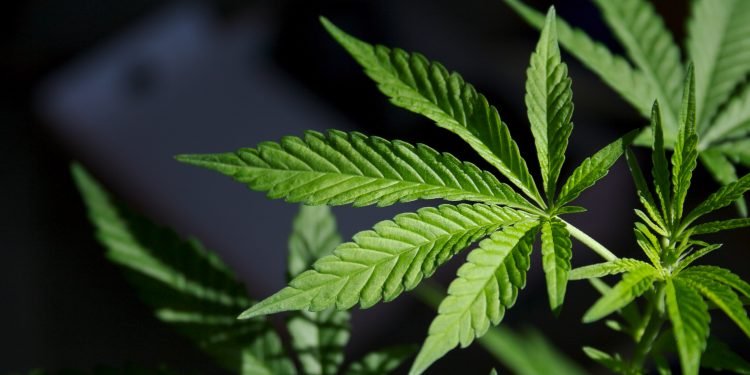More and more states are legalizing medical marijuana and are now starting to allow patients to benefit from this substance. So, how does marijuana help medically? And who should be considered as medical marijuana patients?
The number one reason people are asking for a prescription for pain is pain, says a pain medicine specialist at the Davis Medical Center of the University of California. These can be anything of the following conditions such as migraines and headaches, cancer symptoms or long-term conditions like nerve pains and glaucoma.
If you live in a country or a state in the US that has legalized medical marijuana, and if the doctor thinks that cannabis will be beneficial for your condition, they will issue a medical marijuana card and put you on a list of the people allowed to buy marijuana from a legal vendor called a dispensary.If you live in a country or a state in the US, such as Mississippi, that has legalized medical marijuana, and if the doctor thinks that cannabis will be beneficial for your condition, they will issue a medical marijuana card in Mississippi and put you on a list of the people allowed to buy marijuana from a legal vendor called a dispensary.
Or you can directly purchase your own marijuana seeds and grow your supply of medical marijuana flowers, it’s your choice.On the website Zamnesia, you will find quality marijuana strains such as Runtz, Pink Rozay, Green Gelato, and many other seeds with therapeutic and relaxing effects.
Medical Marijuana is Prescribed as Treatment for:
- Multiple Sclerosis/Muscle Spasms
- Nausea from Chemotherapy
- Seizures
- Loss of Appetite and Weight Loss due to chronic pains and HIV
- Crohn’s disease
- Glaucoma
THC which is a cannabinoid from Marijuana was also approved by the FDA to be used as a key ingredient in Marinol and Cesamet, 2 prescription drugs used to treat nausea and as an appetite enhancer.
There are also new approaches being done today towards the use of marijuana to treat mild sociability and mood issues and other mild symptoms from chronic illnesses like loss of weight, PTSD, depression, as well as the common chronic pains that are experienced by millions of people.
How does Medical Marijuana Work?
Naturally, our bodies produce chemicals that circulate into our system and affect inflammation, pain and many other processes within, This system is called the Endocannabinoid system and is composed of many receptors that respond to different reactions.
On the other hand, marijuana has 2 major chemical substances called cannabinoids that are present in them, they are the THC or Tetrahydrocannabinol and the CBD the Cannabidiol. Both of these compounds are surprisingly able and will attach themselves to the receptors of our built in ECS or endocannabinoid system, resulting in different physiological and physiological effects, and take note getting “high” is only one of them.
Aside from the psychoactive effects, it was observed and proven that there is so much more to this plant that humans can truly benefit from, only if given the chance. Marijuana truly responds well to our bodies and has an excellent anti-inflammatory effect that is way better for the patient than taking synthetic painkillers for long periods of time, which can be harmful to the liver.
How to take Medical Marijuana?
There are several ways to take medical marijuana and it is up to you on how you want it to.
- Smoking – including joints, pipes or bongs
- Vaping – use of a vaping device
- Edibles – infused foods and drinks
- Concentrates – Extracts with the highest purity – Taken Sublingually
- Tinctures – Extracted using alcohol – Taken sublingually
- Topicals – infused creams and balms
- Suppositories – rectal pill
Side Effects:
Most of the side effects of medical marijuana are temporary.
- Euphoria
- Dizziness
- Drowsiness
- Short-term memory loss
Serious side effects may occur such as severe anxiety and mild psychosis.
Risks and Limitations:
Medical marijuana is not regulated like FDA approved drugs and medicines. When using medical marijuana we must always consider potency, purity and possible side effects as each strain may vary. It is best to always consult your certified marijuana health specialist.
Only Medical marijuana cardholders from a certified medical marijuana doctor can avail of this treatment and others who should not take part in this are;
- Heart disease Patients
- Pregnant Women
- People with a history of psychosis


![Solution [pii_email_e6685ca0de00abf1e4d5] Error](https://techvig.org/wp-content/uploads/2020/10/Solution-pii_email_e6685ca0de00abf1e4d5-Error-75x75.jpg)




